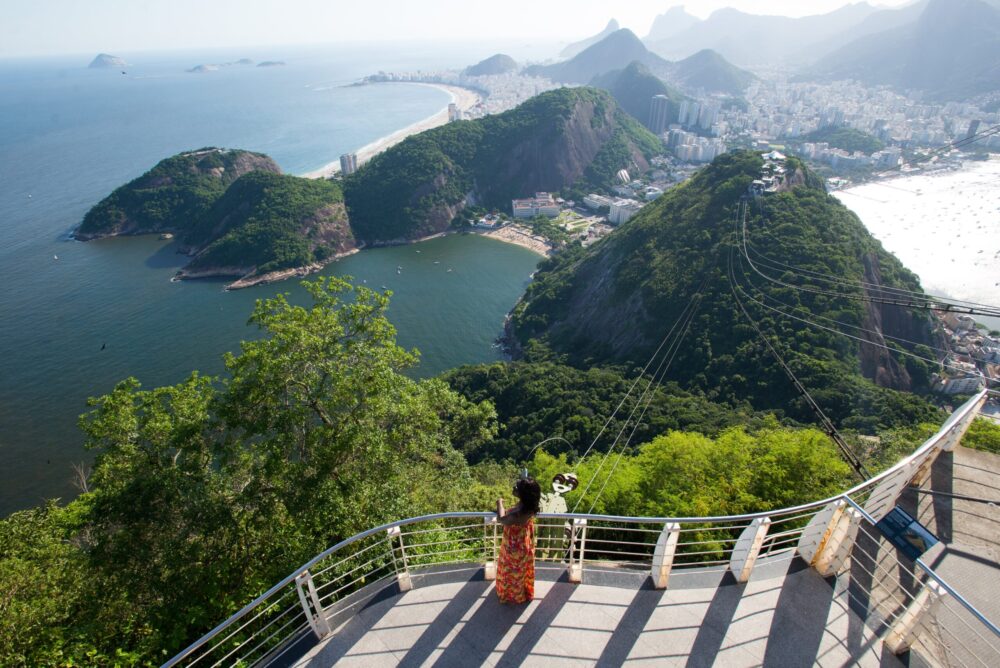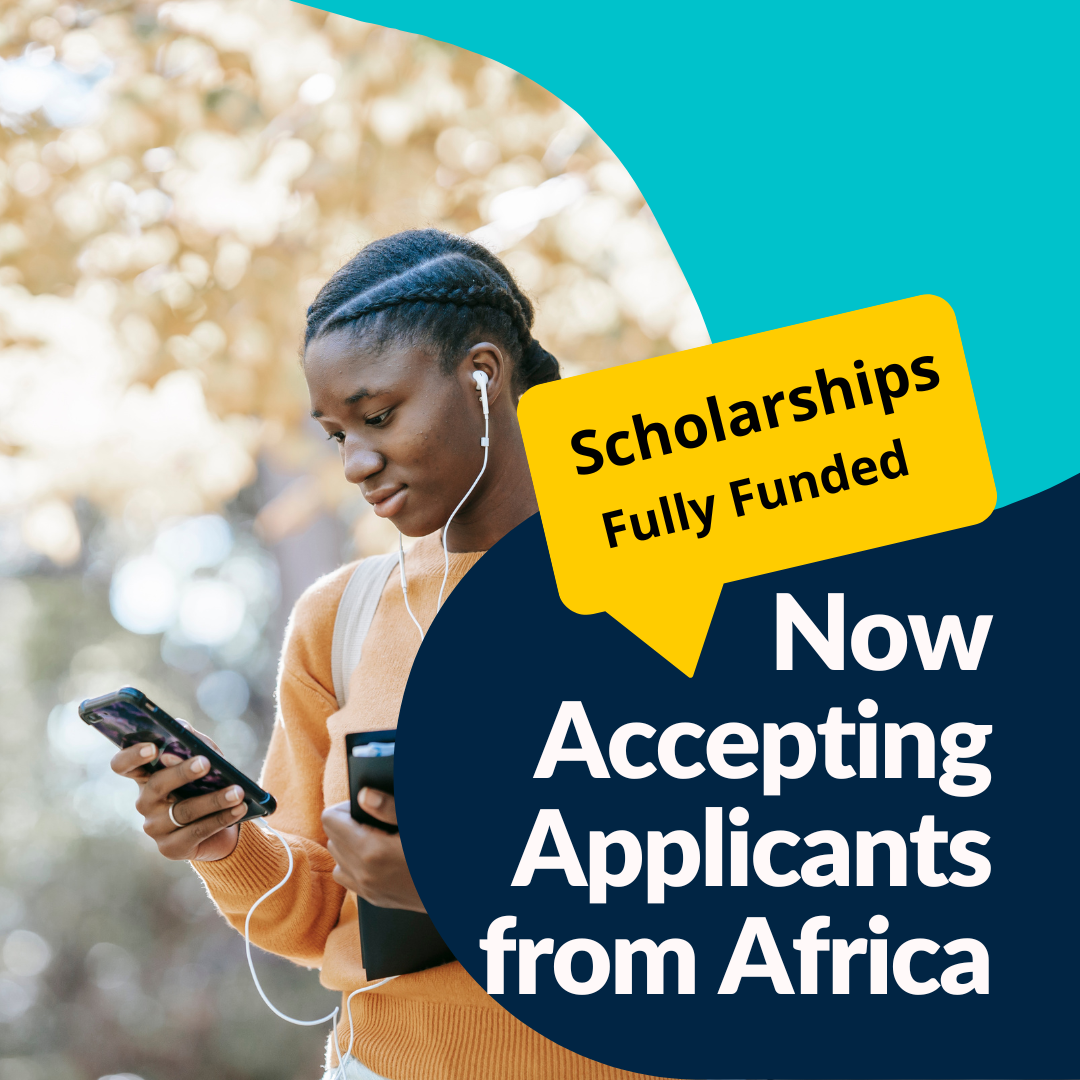What's Covered in This Article
Orientation visa for highly educated persons
Highly educated persons can apply for a Netherlands visa valid for one year, the so-called ‘Orientation year highly educated persons’ residence permit.
As a holder of this residence permit, you are allowed to work in the Netherlands without any restrictions.
The Netherlands considers it highly important that highly skilled migrants have the time they need to find a job or start their own company in the Netherlands after completing their studies.
This is why the Orientation year highly educated persons visa was called into life.
You can apply for this residence permit within 3 years after completing your study, or obtaining your PhD in the Netherlands or abroad.
The orientation visa also gives you the right to work in the Netherlands, so your employer does not need to apply for a separate work permit (TWV) for you.
Conditions
If you wish to make use of the orientation year for highly educated persons, you must meet the following conditions:
- You need to have a valid passport or other travel document;
- You need to sign an antecedents statement;
- You need to take a TB test (exemptions do exist);
- You have not previously had a residence permit to look for work after study, doctoral programme or scientific research on the basis of completing the same study or doctoral programme or performing the same scientific research. Have you completed various study programmes or doctoral programmes, or have you performed various scientific researches? The orientation year can be granted after each completed study programme or doctoral programme or after each performed scientific research. However, this study programme, doctoral programme or scientific research must have been completed or performed after your previous orientation year.
In the past three years:
- completed an accredited bachelor’s or master’s programme in the Netherlands; or
- completed a postgraduate studies of at least an academic year (a minimum of 10 months) in the Netherlands; or
- completed a study in the Netherlands in the context of the Cultural Policy Act; or
- completed a study in the Netherlands that is provided in relation to the development cooperation policy of the Dutch Ministry of Foreign Affairs; or
- obtained a master’s degree in the context of an Erasmus Mundus Masters Course; or
- completed a higher education programme designated by Ministerial Decree; or
- done scientific research at any time. For this, you have had a residence permit in the Netherlands for the purpose of scientific research within the meaning of EU Directive 2005/71/EC, research within the meaning of Directive (EU) 2016/801, or as a highly skilled migrant to undertake scientific research; or
- You have completed a Master’s degree programme, a doctoral programme or a post-Master’s programme at a designated international educational institution* abroad and you have:
- Achieved a minimum score of 6.0 for the International English Language Testing System, or
- Achieved a comparable minimum score in an English language test in accordance with the Code of Conduct for international students in Dutch higher education, or
- Acquired a diploma, certificate or document as meant in Article 2.3, (1) of the Civic Integration Decree (only in Dutch), or
- Completed a Master or post-doctoral programme in the English language or in Dutch.
* Designated international educational institution
A designated international institution is an educational institution in the top 200 of at least 2 general rankings, or available rankings per faculty, or academic subject.
Your educational institution must have been in the top 200 of these rankings on the date that you completed the study programme or doctoral programme.
The rankings that include your educational institution must come from at least 2 different publishers. Rankings published by the same publisher count as one.
These are main international rankings:
- Times Higher Education: Times Higher Education World University Rankings and Times Higher Education World University Rankings by Subject.
- Quacquarelli Symonds: QS World University Rankings and QS World University Rankings by subject.
- ShanghaiRanking Consultancy: Academic Ranking of World Universities and ShanghaiRanking’s Global Ranking of Academic Subjects
Costs
The application fees must be paid when you submit your application. Please note that you pay for processing the application, not for the residence permit. The fees will therefore not be refunded if your application is refused.
How to apply for your residence permit
You apply for the orientation visa to the Immigration and Naturalisation Service (IND).
If you have completed your education abroad, are still living there, and want to apply for the orientation year visa, you may require a provisional residence permit or mvv (this does not apply if you are, for instance, an EU citizen.
Check the IND website for more details.).
Use the government’s interactive Coming to the Netherlands tool to find out if you need a provisional residence permit.
If you do need a mvv, you will need to start the procedure with the Dutch embassy or consulate in your country of residence. In this procedure you apply for a provisional residence permit and a residence permit simultaneously.
If you do not require a temporary residence permit and are already living legally in the Netherlands, you can apply to the IND for the ‘Orientation year for highly educated persons’ residence permit on their website.
For more information on how to enter the Netherlands, please check the procedure, or contact your (future) employer as to the procedures to be followed.
Right to work
After the application
Have you enclosed a certified copy of a (foreign) diploma or the ‘Statement on completion of study’ with your application for a residence permit ‘orientation year highly educated persons’?
Then, you are free to work in the Netherlands while awaiting the decision on your application.
You can collect a residence endorsement sticker at an IND desk. This sticker states ‘arbeid vrij toegestaan, tewerkstellingsvergunning (TWV) niet vereist‘ (work freely permitted, no work permit required).
To collect the sticker, you have to make an appointment online.
After collecting the orientation visa
On the residence document you will find your employment status (arbeidsmarktaantekening). This status tells you whether and under which conditions you are allowed to work.
As a holder of a residence permit ‘Orientation year for highly educated persons’, you are allowed to work in the Netherlands without any restrictions.
This means that your employer does not need to have a work permit (TWV) for you.
If you had another Dutch residence permit prior to this application, you will retain that employment status until you have received your residence permit based on the ‘Orientation year for highly educated persons’.
Collection of the residence permit
The IND aims to have your residence permit ready within 2 weeks following your arrival in the Netherlands.
The IND will send you a letter indicating when you can collect your residence permit. For this, you have to make an appointment online at the IND desk mentioned in the letter.
Validity residence permit
The residence permit will be issued for a maximum period of 1 year.
It is not possible to extend the validity of this residence permit. If you wish to extend your stay in the Netherlands after the orientation year has ended, you have to apply for another type of residence permit.
To students completing several programmes of study the orientation year can be granted after each programme of study.
You can therefore apply for another orientation year at a later date if this is done on the basis of a different completed study programme.
This programme of study or scientific research must have been completed after your previous orientation year.
Changing the residence permit
If you find a job as a highly skilled migrant during the orientation year, your employer must apply for a residence permit for you as a highly skilled migrant.
Changing to a residence permit as a highly skilled migrant means a lower income requirement applies to you.
This lower amount also applies if you switch to highly skilled migrant directly within 3 years after having graduated in the Netherlands.
If you have graduated, obtained your PhD or you have had a residence permit for scientific research and are not making use of the orientation year, you will also be eligible for the reduced salary criterion from the highly skilled migrants arrangement.
If you have not found a job as a highly skilled migrant, but a different job, then your employer will apply for a single permit for residence and employment.
If you have started your own business, you must change your residence permit to employment as a self-employed person or start-up.
Illegal stay
Have you been staying in the Netherlands for more than 3 months without a Netherlands visa? You are then staying here illegally. You have to leave the Netherlands immediately. If you do not do so voluntarily, the authorities may remove you from the Netherlands.
Entry ban
If you are staying in the Netherlands illegally, you face the risk of being issued an entry ban for the Schengen area.

